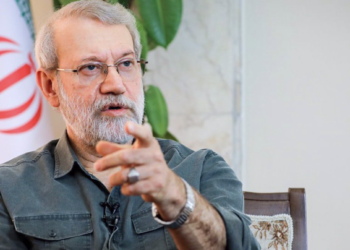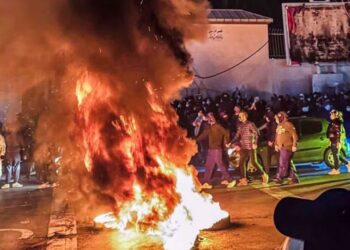KUNMING (Realist English). An ethnic armed group in Myanmar has reached a ceasefire agreement with the military-led government, ending months of heavy fighting in the country’s north, according to a statement released Tuesday.
The Ta’ang National Liberation Army (TNLA) said it signed the deal following several days of China-mediated negotiations in the southwestern Chinese city of Kunming, located about 400 km (248 miles) from the Myanmar border.
Under the agreement, both TNLA forces and government troops will cease advancing starting Wednesday. The TNLA also said it would withdraw from the ruby-mining hub of Mogok in the upper Mandalay region, as well as the nearby town of Momeik in northern Shan State, though no specific timeline was provided.
The group added that the Myanmar military had agreed to halt air strikes, although the junta has not yet issued a statement confirming the truce.
The TNLA is a member of the Three Brotherhood Alliance, which also includes the Myanmar National Democratic Alliance Army and the Arakan Army. The coalition has long sought greater autonomy from the central government and maintains ties with pro-democracy resistance groups that emerged after the military coup of February 2021.
Since October 2023, the alliance has captured large areas across northeastern and western Myanmar, with the TNLA alone seizing 12 towns during its offensive. However, the advance slowed after several China-brokered ceasefires earlier this year, allowing the army to retake Lashio in April, Nawnghkio in July, and Kyaukme and Hsipaw in October.
Beijing’s growing influence
China has emerged as a key mediator in Myanmar’s ongoing civil conflict, balancing its economic investments and security interests along the shared border.
Beijing has stepped up its support for Myanmar’s junta ahead of a planned December election, which the military hopes will help consolidate its rule. Yet, voting is expected to be blocked across rebel-controlled regions, and international observers have dismissed the polls as an attempt to legitimize continued military control.
The new ceasefire underscores both China’s expanding role in the conflict and the fragile balance of power within Myanmar, where decades-long ethnic insurgencies continue to shape the country’s political future.


















